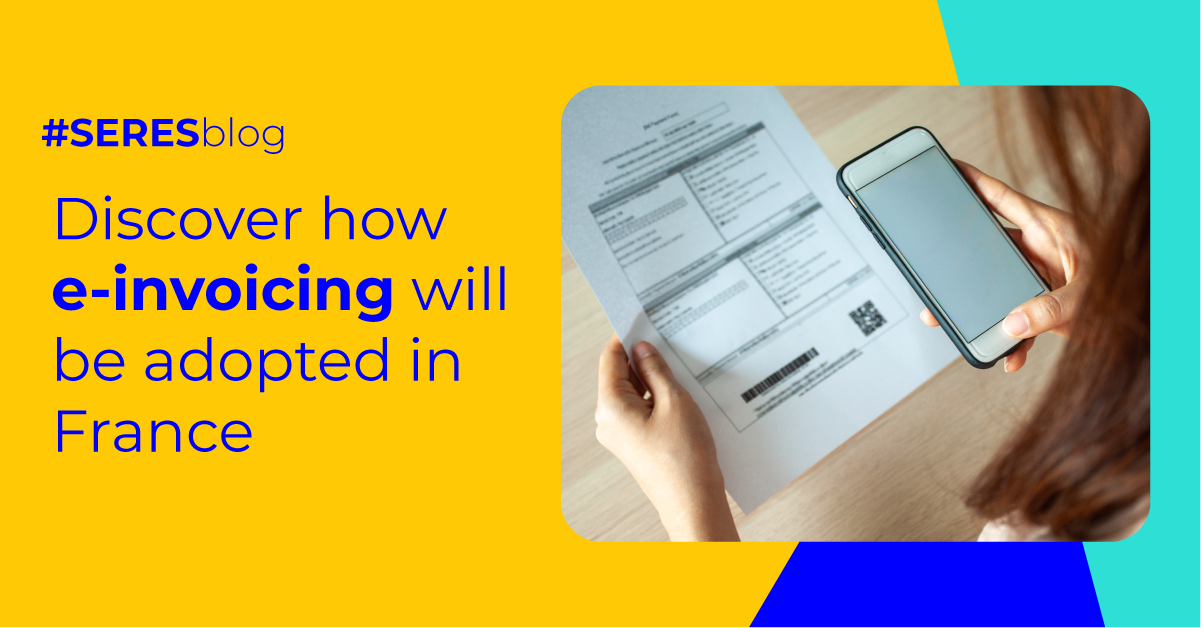A guide to e-invoicing in Europe by 2024
The use of electronic invoicing has significantly increased in Europe in recent years. Several countries have implemented invoicing systems to optimize their processes and reduce the VAT gap.
The transition has been steady and progressive. Along the way, many countries have enacted laws and regulations to promote the widespread use of e-invoicing.
Slovakia, Romania, and Poland are the countries that will lead the way in making electronic invoicing mandatory next year. This is part of the roadmap for the rest of the EU to follow in complying with the main pillars of VAT in the digital age. The EU project aims to boost business-to-business digitalization and make VAT more fraud-resistant.
Search for harmonised e-invoicing in Europe
The ViDA (VAT in the Digital Age) project proposes the harmonization of e-invoicing and digital reporting requirements (DRR) to promote the use of a DTCTCE model for exchanging invoices and B2B transaction data.
Achieving this would be a significant advantage, enabling the implementation of standardized national e-invoicing regimes that are interoperable with those of other countries.
What to expect for e-invoicing in Europe by 2024?
The mandatory implementation of B2B e-invoicing in Poland and Romania in 2024 is expected to have a significant impact on the development of these countries. It may also serve as an indicator for other EU member states that have yet to define the necessary measures for mandatory implementation.
Electronic invoicing in Romania
After several months of work, the legislation to implement B2B electronic invoicing for both resident and non-resident companies has finally been approved. The implementation schedule is:
- January 2024, a real-time invoice submission system will be put in place, covering the period from January 1 to June 31.
- From July 2024, the system will be fully operational. The requirement to submit pre-clearance electronic invoices through the eFactură platform will come into force from this date.
Electronic invoicing in Poland
Following public consultations, the polish Ministry of Finance has decided to delay the implementation of B2B e-invoicing until July 1st.
As of this date, the National Electronic Invoicing System (KSeF) will become mandatory in the B2B sector, applying to all taxpayers in the country, including resident companies.
The Ministry of Finance plans to modify the logical structure of the SAF-T VAT report (JPK_VAT) as a measure related to the implementation of the B2B electronic invoice.
Electronic invoicing in Slovakia
The implementation schedule for the B2G e-invoicing project has been delayed until the first quarter of 2024. It will be mandatory for the Ministry of Finance and Datacentrum, as well as their suppliers, budget organizations of the Ministry of Finance (including the Finance Administration), and other government entities and public administration.
Electronic invoicing in Italy
From January 1, 2024, all companies with a turnover of less than €25,000 per year will be subject to the electronic invoicing obligations of the Interchange System.
Electronic invoicing in Hungary
In late 2023, a public consultation was initiated regarding the implementation of eVAT, a new digital system for recording VAT transactions. This system will be available to both resident and non-resident businesses starting from January 1, 2024.
Its purpose is to simplify the process of VAT reporting and provide taxpayers with analytical tools.
Electronic invoicing in Greece
On April 12, 2023, Decision No. 52445 EX 2023 was published. This decision mandates the use of electronic invoicing in Public Administrations (B2G).
The implementation will be gradual, starting in September 2023 with the Ministries of Infrastructure and Transport, Digital Governance and Immigration and Asylum, the Municipality of Athens, the National Health Center, and the Central Ministry of Development Procurement and Investment, among others.
By 2024, the General Administration and other contracting bodies are expected to incorporate the remaining obligated parties.



